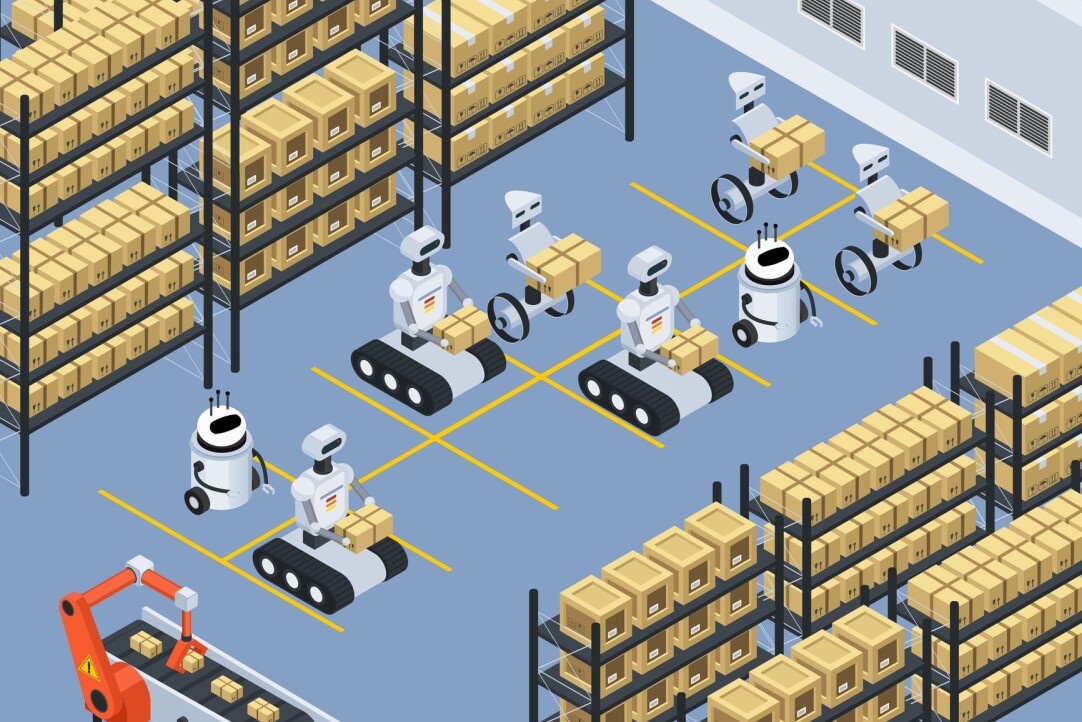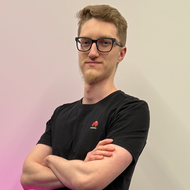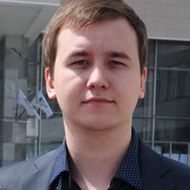League of Robot Runners: HSE Team Wins International Competition

A team of students from the HSE Faculty of Computer Science, led by Anton Andreychuk, a researcher from the AIRI Institute, won first place in all categories of the international League of Robot Runners competition. This contest for developers focuses on advancing research in multi-agent pathfinding (MAPF) and AI-based task distribution systems for large warehouses.
The goal of multi-agent planning is to coordinate the actions of many robots operating in a shared space. One of the key features of the League of Robot Runners competition is that the simulation environment is designed to closely resemble real-world situations, where decisions must be made within very short timeframes. In academic research articles, scientists can usually set their own time limits for how long an AI system takes to determine the optimal path. However, in this competition, the robots had to make automatic decisions about their next actions within just one second per step. At the same time, the number of robots could reach up to 10,000. Another challenge was that movement directions were strictly limited: the systems could move forward, turn in place to change direction, or remain stationary, mimicking the constraints typically found in large warehouse environments.
The HSE team included Egor Yukhneviсh and Artem Brezhnev, undergraduate students of the Applied Mathematics and Information Science programme at the Faculty of Computer Science. Their supervisor was Anton Andreychuk, Candidate of Physical and Mathematical Sciences and a researcher at AIRI’s Cognitive AI Systems Laboratory. The team won first place in all competition categories, including optimising robot motion algorithms to achieve a given set of goals, task assignment optimisation under standard movement planning strategies, and the main category, which required solving both challenges simultaneously—planning robot actions and distributing tasks among them.

Egor Yukhnevich, 2nd-year student of the Applied Mathematics and Information Science programme at the Faculty of Computer Science
— I work on solving complex optimisation problems and have already won several competitions like this. I enjoy it so much that I even work on similar tasks in my job.
In my second year, I had to choose a project, and I found one related to robots that seemed interesting. Anton Andreychuk told me about the competition and invited me to participate. I signed up with the clear goal of winning. At first, it was tough—the topic was new and unfamiliar, and I was not approaching it correctly. But then I had a turning point: I reworked everything, wrote a basic PIBT (Priority Inheritance with Backtracking), which started functioning, and then kept improving it until I developed a new algorithm called EPIBT (Enhanced PIBT).
Winning in every category is awesome—it is exactly what I aimed for from the start. This victory brings me one step closer to winning other competitions, and I can clearly see my progress. I am happy that I am developing and becoming a tougher competitor for others.

Artem Brezhnev, 3rd-year student of the Applied Mathematics and Information Science programme at the Faculty of Computer Science
— This was not my first-time solving optimisation problems, and I have even won prizes in some competitions before. I had not worked on robot-related tasks before, which made it even more interesting to dive into the topic. In our team, I was responsible for a lesser-known part of the task—assigning goals to the robots. Since there were not many study materials available on this, I had to figure things out on my own.
The victory was satisfying, though not unexpected, as our team had been leading the competition during the final month.

Anton Andreychuk, Candidate of Physical and Mathematical Sciences, Researcher at AIRI’s Cognitive AI Systems Laboratory
— Although I have significant experience developing multi-agent planning algorithms, the main contribution to our success came from one of our team members, Egor Yukhnevich. Over the four months of the competition, he managed to immerse himself in the subject, study a large volume of literature, implement and test all our ideas, and ultimately create a solution that outperformed every other team in all categories. I hope that the solutions we developed will make a meaningful contribution to improving warehouse space management and optimising sorting systems.
According to statistics shared by the competition organisers, 50 teams from different countries submitted a total of 1,513 attempts to solve the given tasks. Testing a single solution on all tasks could take up to seven hours of real time. In the near future, the most successful solutions and challenges will be made publicly available.
The 2025 competition was the second to be held and was organised by a team of researchers from Monash University, Rutgers University, and the University of Southern California, with support from Amazon Robotics.

